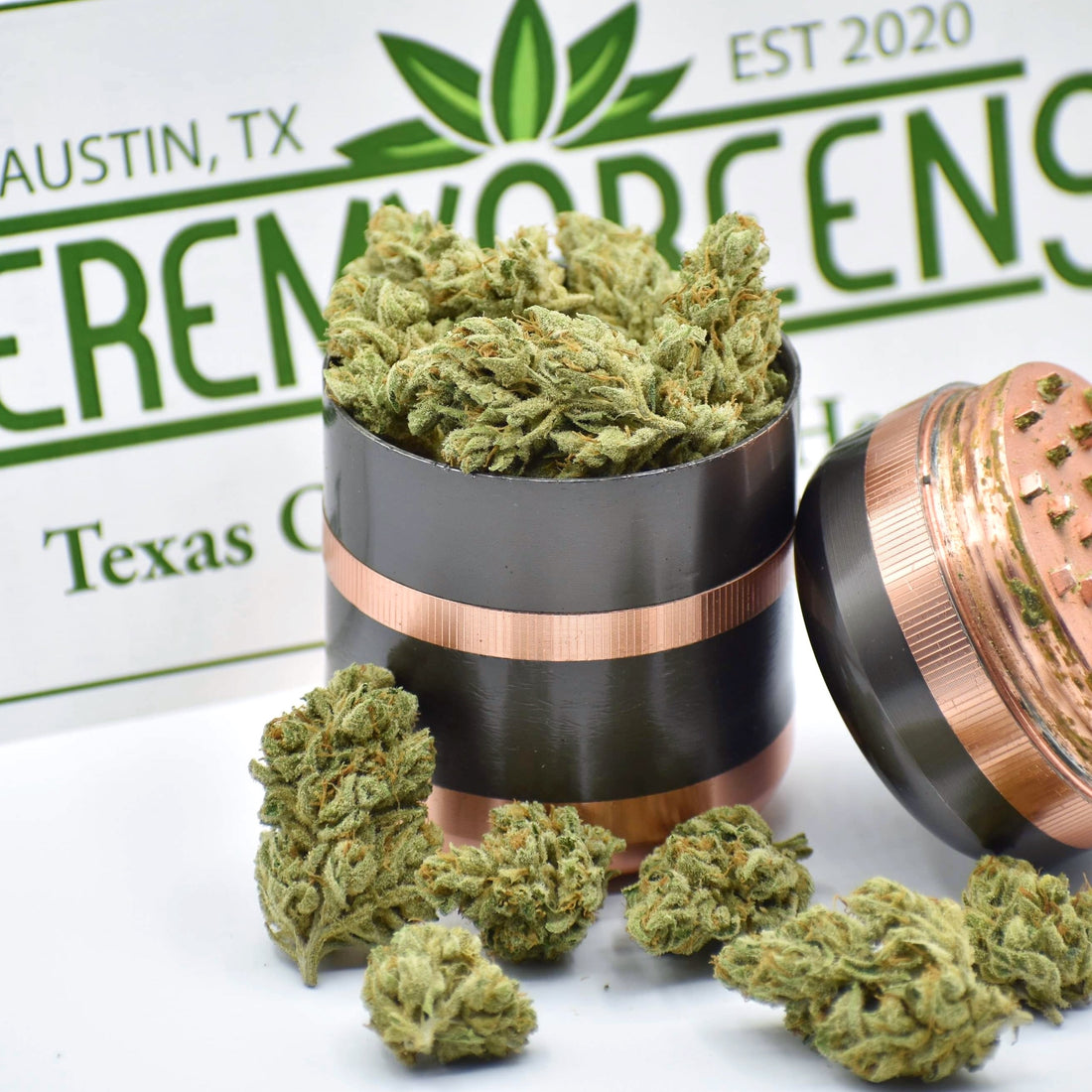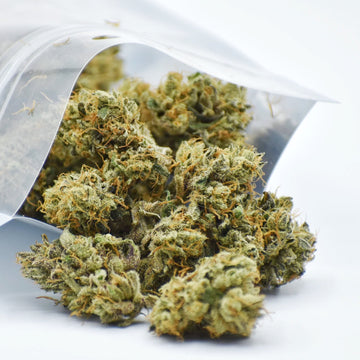THC vs. THCA: What is the Difference?

Texas Hemp
To Your Door
In the evolving landscape of cannabis, new cannabinoids consistently capture the spotlight. While many are familiar with THC (tetrahydrocannabinol), known for its psychoactive properties, there's rising curiosity around THCA (tetrahydrocannabinolic acid), its precursor. This guide delves into everything you need to know about THC and THCA, presenting the facts in straightforward terms.
What is THCA? THCA is known as the "raw form" of THC, existing predominantly in unprocessed cannabis plants. Structurally, THCA contains an extra carboxyl group compared to THC, with 22 carbon atoms, 30 hydrogen atoms, and four oxygen atoms. This compound does not produce psychoactive effects until it undergoes decarboxylation, a process where THCA is converted into THC through exposure to heat.

What is THC? THC is the main psychoactive component of the cannabis plant. It's most well-known for producing the high associated with marijuana. Chemically, THC has 21 carbon atoms, 30 hydrogen atoms, and two oxygen atoms. While THC is a single type of compound, there are variants like delta-8 and delta-10 THC, each with unique effects.
Key Differences Between THCA and THC The primary difference lies in their chemical structure and psychoactivity. THCA is non-psychoactive and abundant in raw cannabis, while THC is psychoactive and typically produced through the heating of cannabis. Legally, the distinction is crucial; hemp (containing THCA) is considered legal under federal law if THC levels are below 0.3% by dry weight.
Effects of THCA vs. THC THC binds to cannabinoid receptors in the brain, producing effects such as euphoria, relaxation, and altered sensory perception. In contrast, THCA does not interact with these receptors until it is decarboxylated. Therefore, THCA in its raw form does not induce psychoactive effects but may have other benefits like anti-inflammatory properties.

Comparing Potency: THCA vs. THC Discussing potency between THCA and THC isn't entirely appropriate since THCA needs to convert into THC to exert psychoactive effects. However, once converted, the THC produced offers immediate and notable effects, making the potency comparison more about the efficiency of delivery rather than strength.
Conclusion Understanding the nuances between THCA and THC is essential for both consumers and professionals in the cannabis industry. THCA serves as a non-psychoactive precursor to THC and requires heat for activation. This distinction is vital for legal and consumption purposes, as it defines what is permissible under law and how it affects the user. By recognizing these differences, users can better navigate the complex world of cannabis products.
Until our next exploration, remember to always be informed and mindful about your cannabis choices.
FDA Disclaimer: The information provided here has not been evaluated by the FDA. These products are not intended to diagnose, treat, cure, or prevent any disease. Consult healthcare professionals before using cannabis products, especially if you have health concerns or are using other medications.







